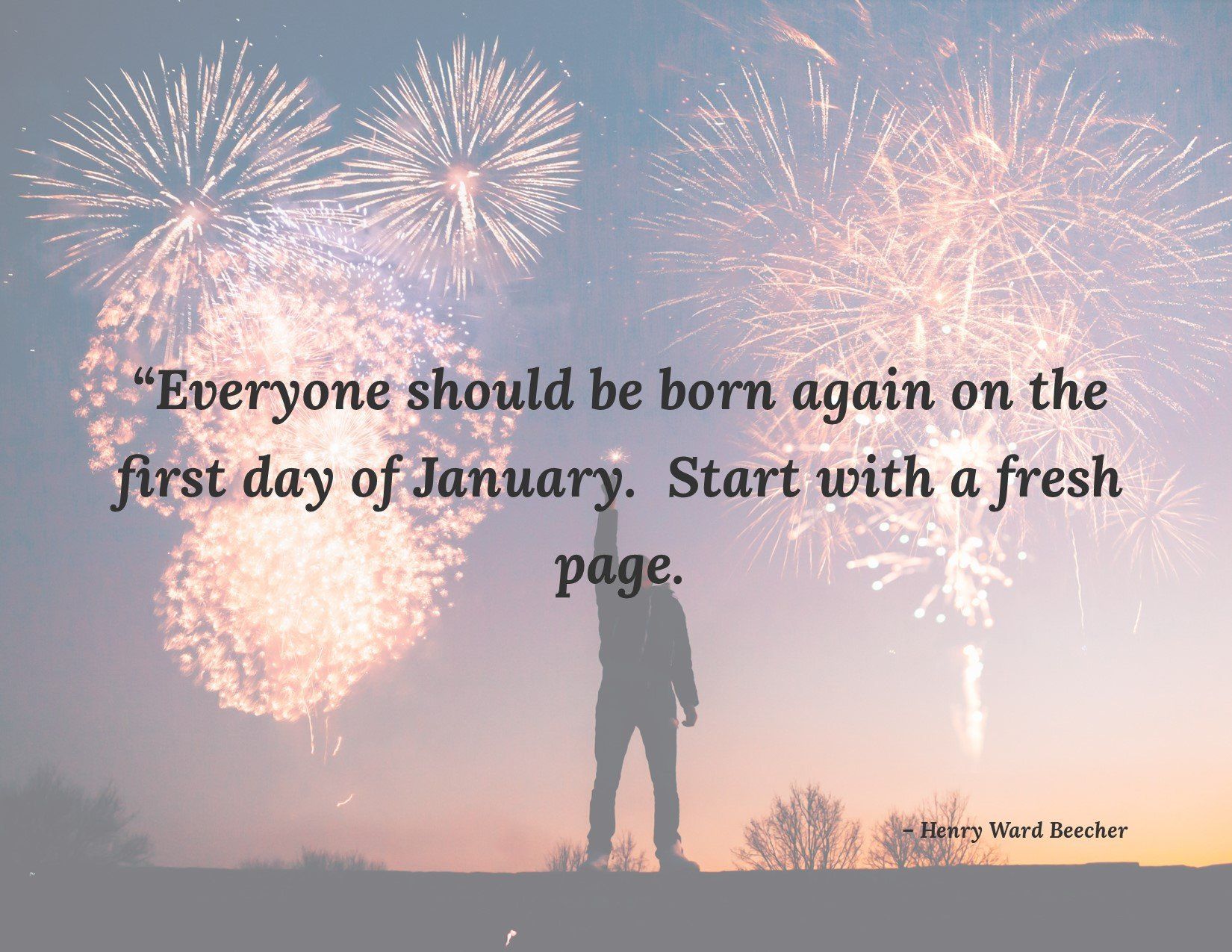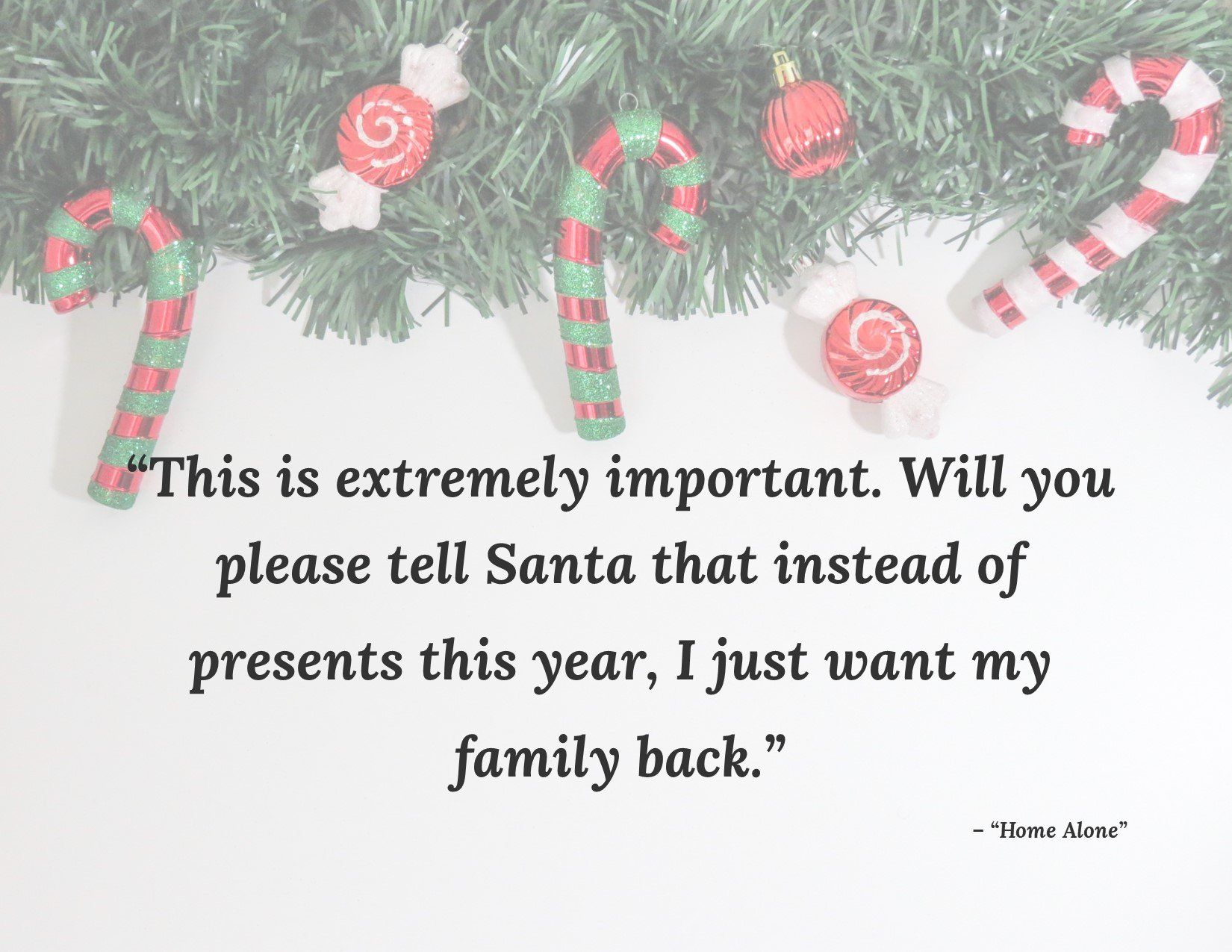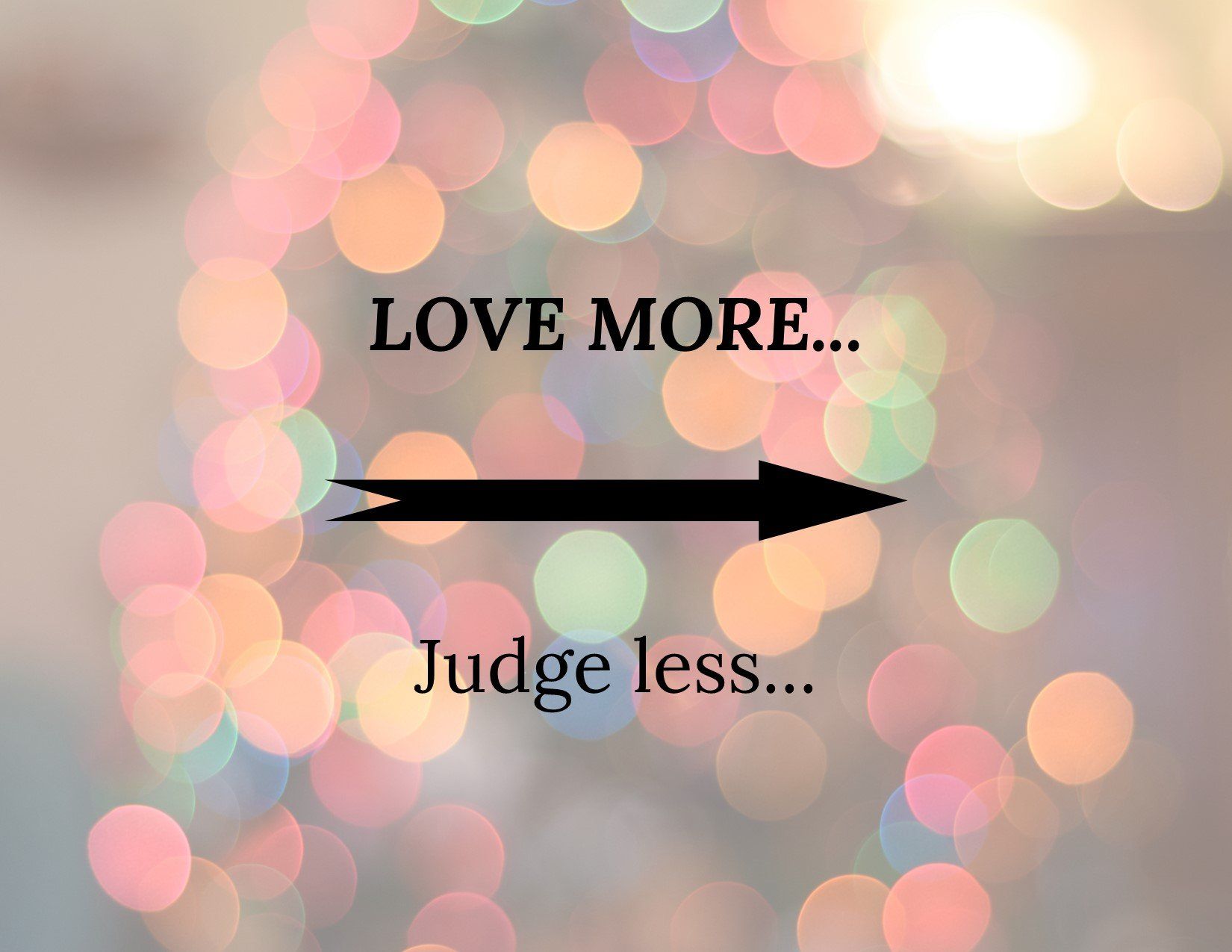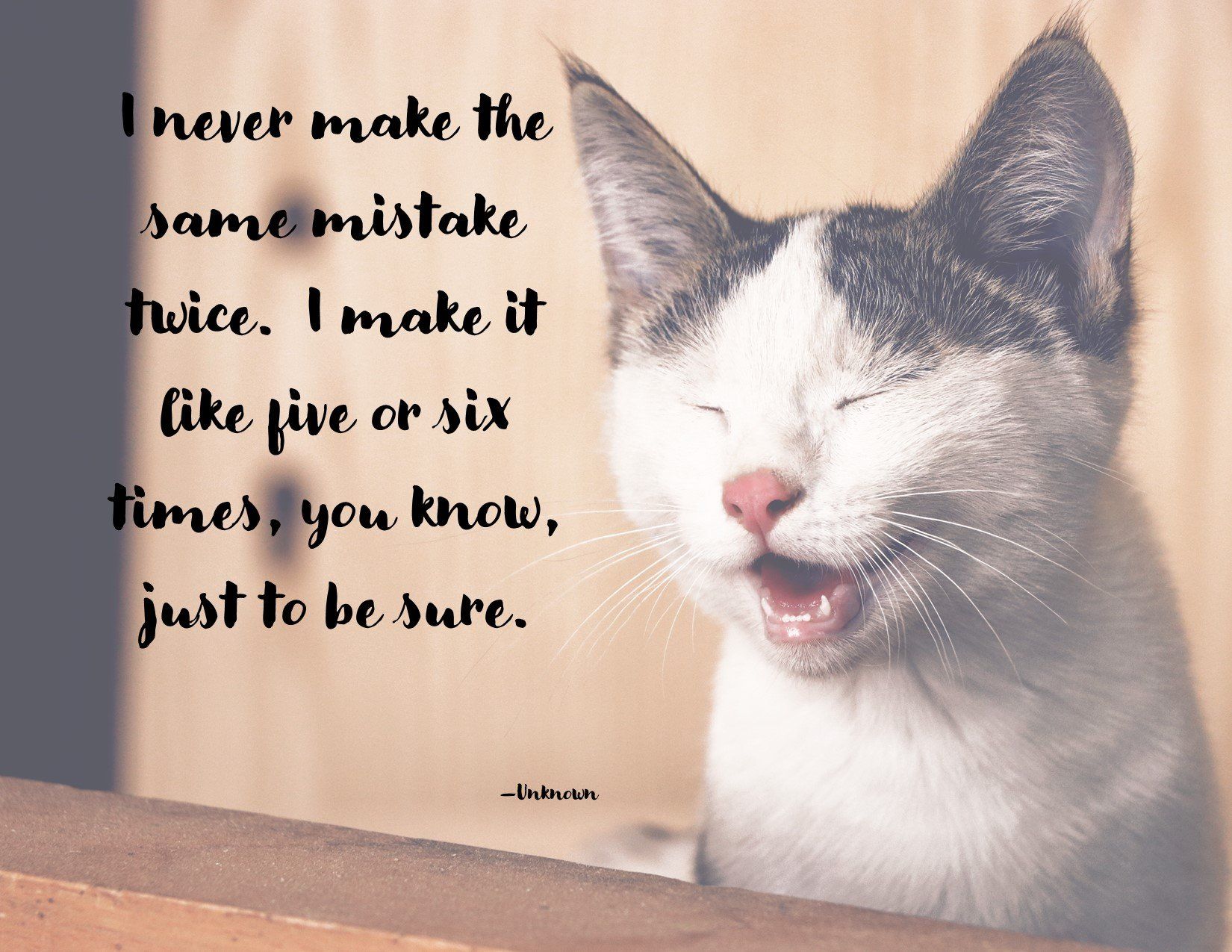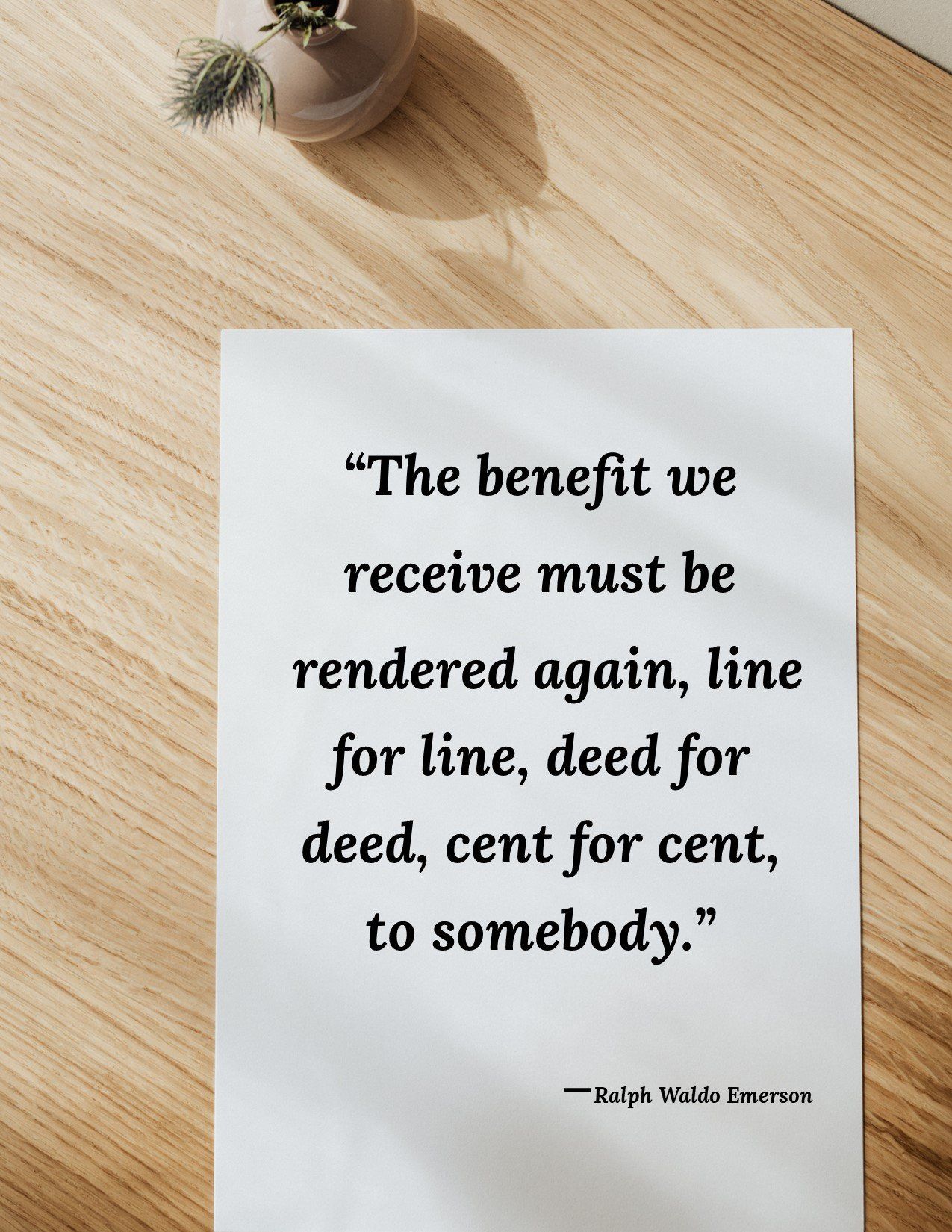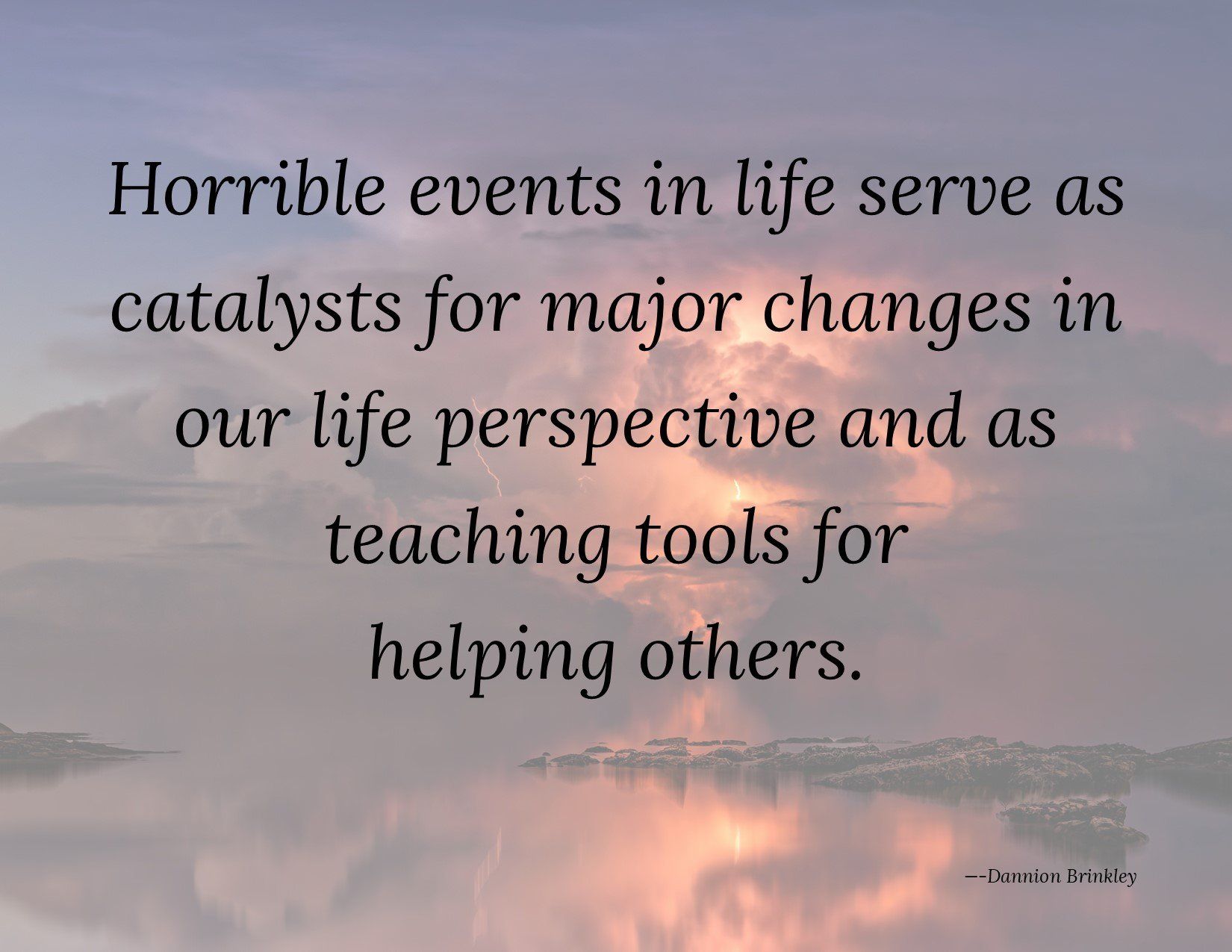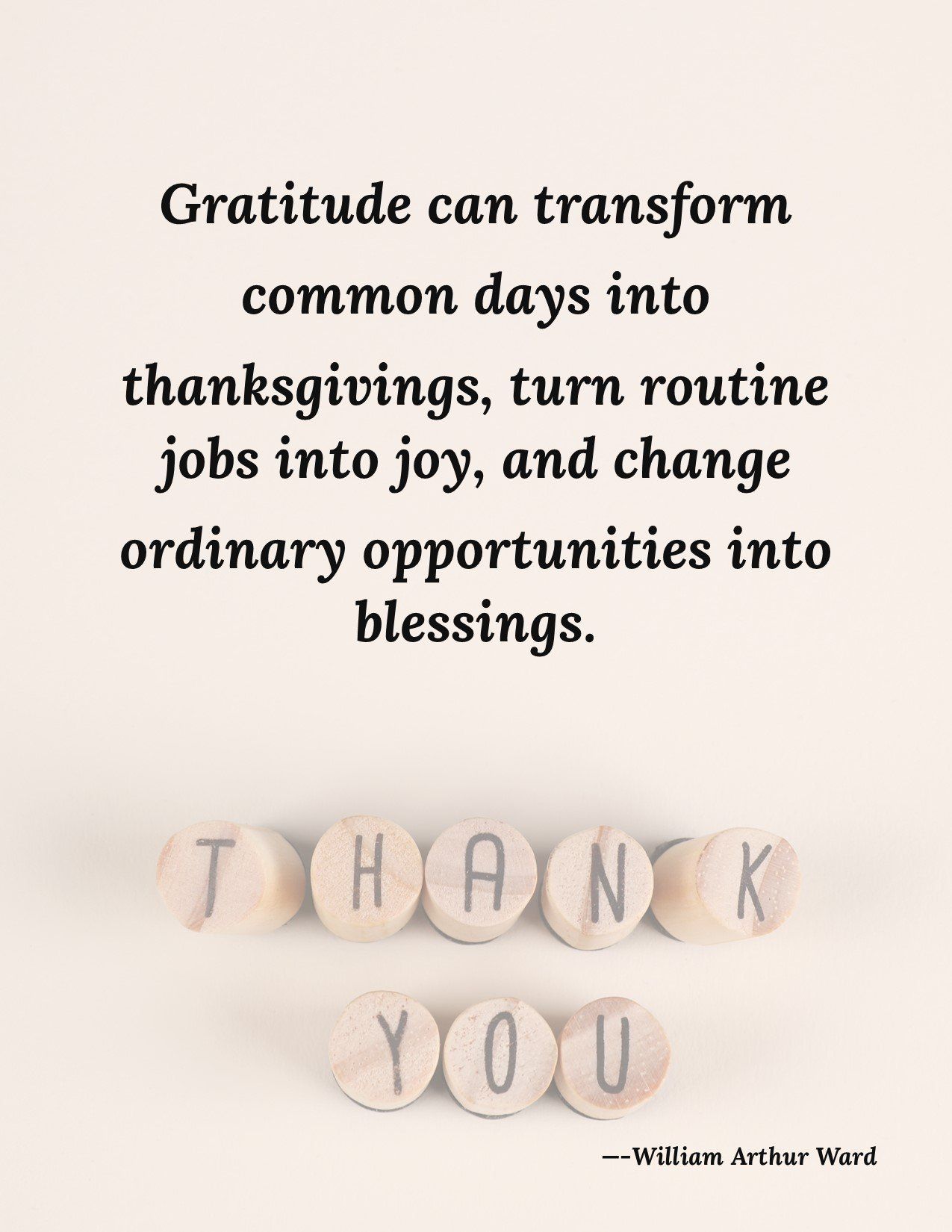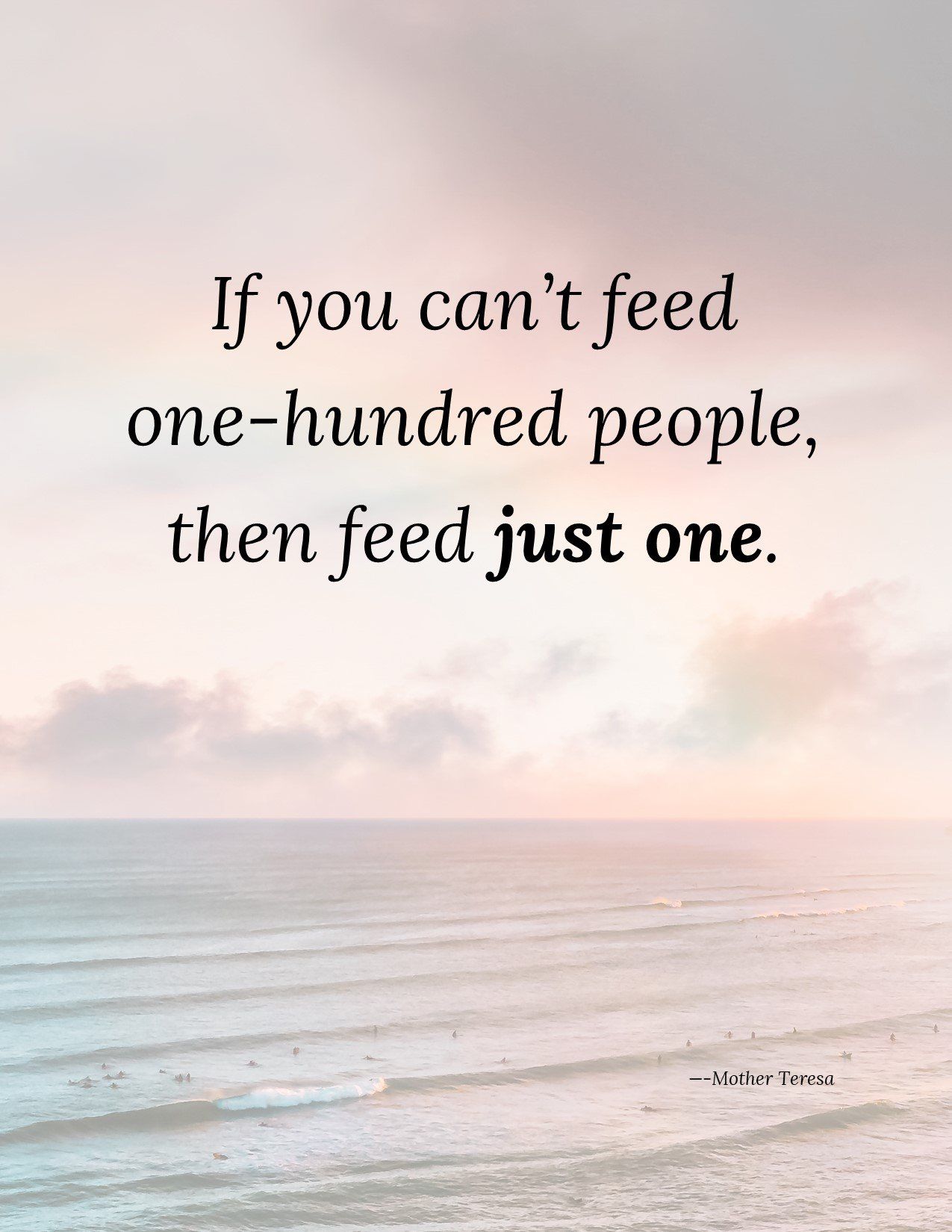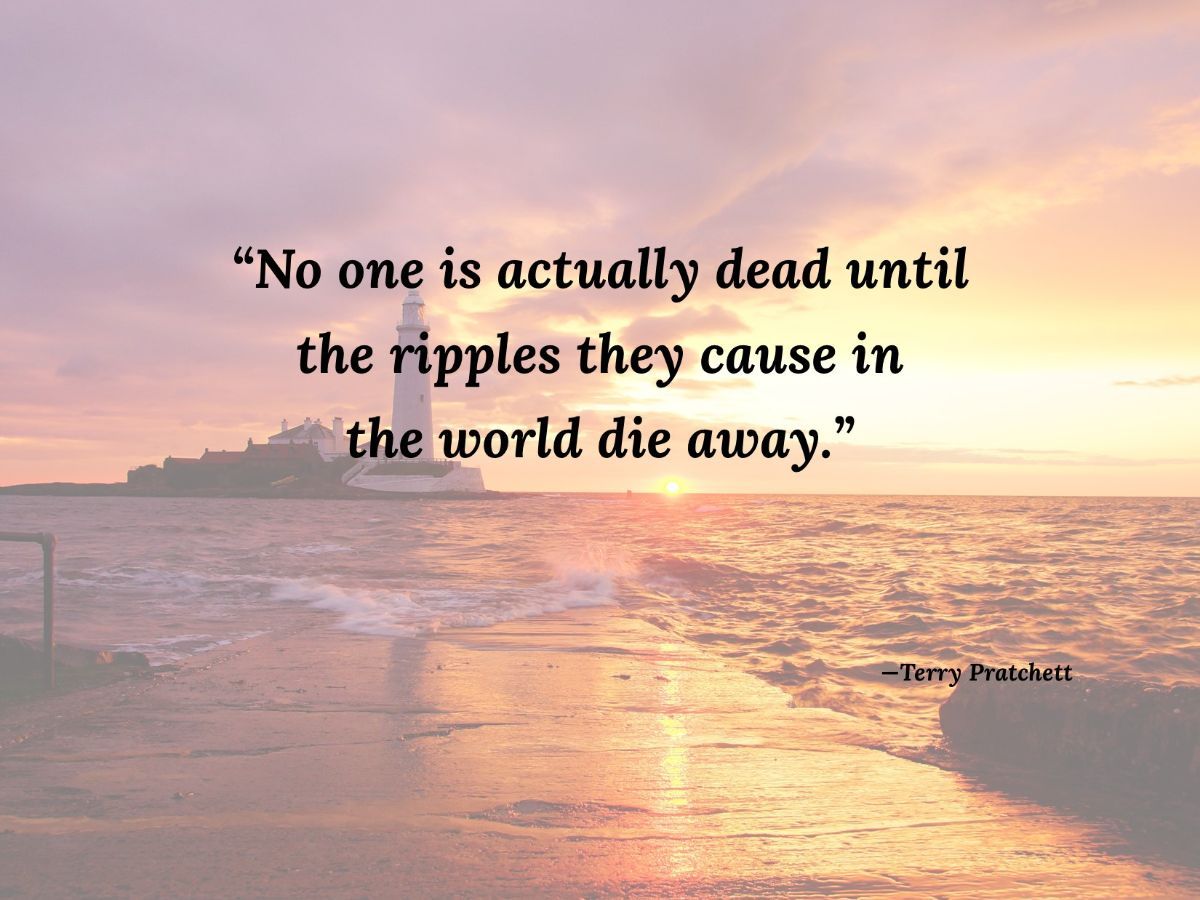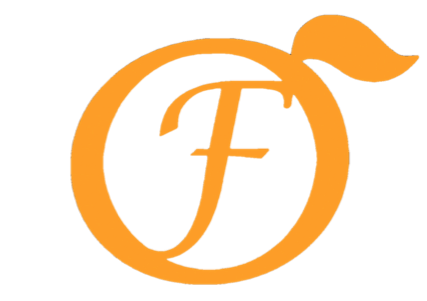Motivational Monday: The Power of the Mind
(Originally posted on February 3, 2020)
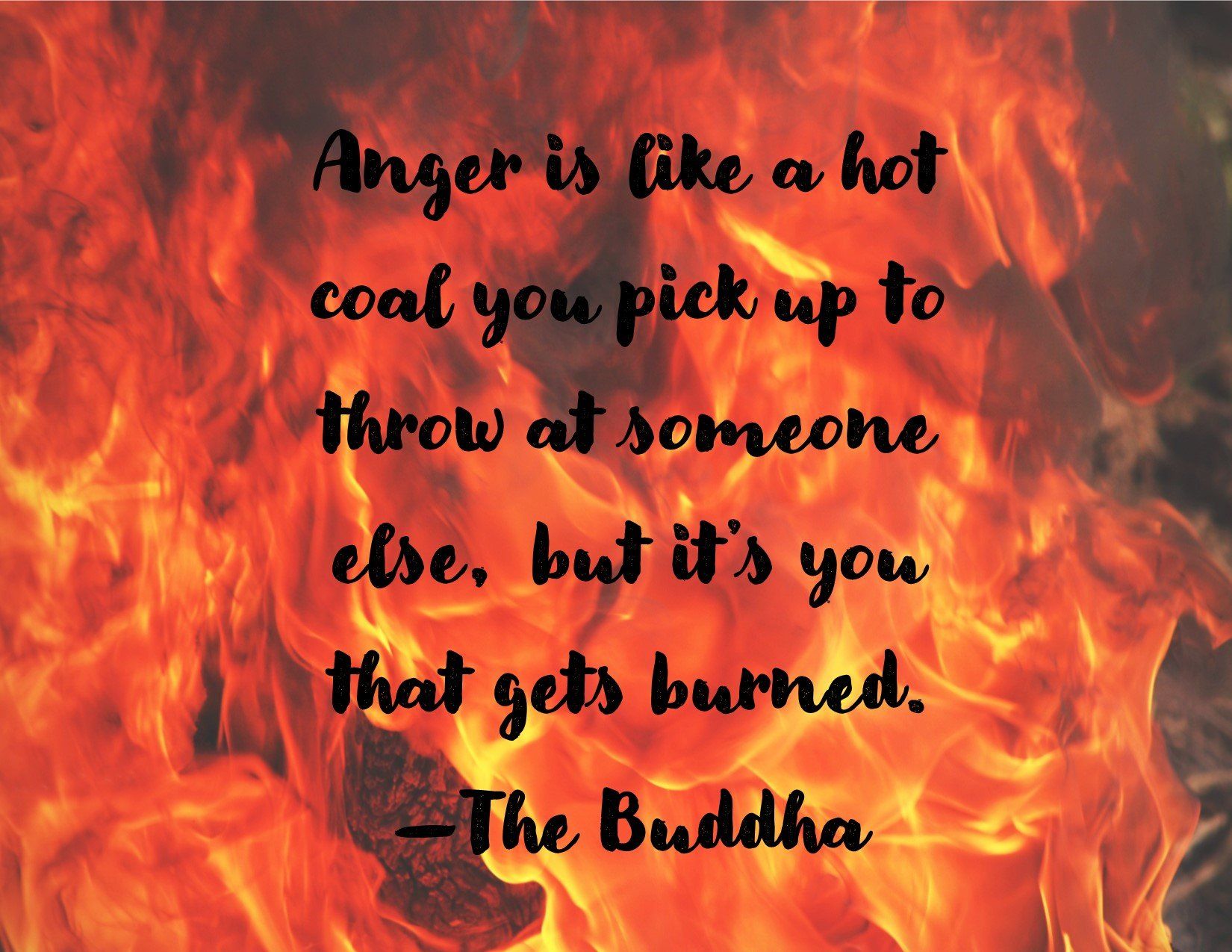
I was listening to a lecture this week by Joan Borysenko who wrote a number of books (none of which I've read yet). In this lecture, she was talking about the power of the mind in creating what we see as life.
She started talking about the "placebo" effect and how it is a real thing.
Dr. Henry Beecher
, while serving in WWII, ran out of morphine and was unable to treat soldiers that were in serious pain. He began injecting them with salt water, telling them it was morphine; to his surprise they reported a reduction in pain. This took him on a journey to discover how powerful the mind was in determining our ability to heal and respond to life's events.
The knowledge that the mind was powerful certainly didn't begin here—it has been known for centuries. However, the studies done in modern times are really interesting. " Mind over Medicine
" by Lissa Rankin, M.D. is a good starting point if you're interested in reading more about this.
So let's talk about emotions and their impact on our health. Have you ever met someone who is just angry
? Have you ever met someone that is just negative
? Have you ever met someone who you can plainly see is holding onto a negative experience, and just won't let it go?
This is certainly not a judgement because we all hold onto things and struggle to release them. What if the things we struggle to release today are not only affecting us, but what if they are affecting everyone around us?
As an example, let's look at a person with deep-seated anger. Suppose it's suppressed; on the surface they are gentle and sweet, but they are holding onto the anger. This anger begins surfacing in the organs of their bodies—hence maybe causing pain, illness, or even both. Their life is so severely impacted because they don't realize that they are "angry." Perhaps they were taught growing up that being angry is not acceptable behavior, so they are suppressing it so they can be accepted.
Then there is the other extreme: the visibly
angry person. They are angry at everything and everyone, to the point where other aspects of their life are also affected—not just their health. Relationships with family and friends are strained. They don't enjoy what they do in life. They have no joy. They take their anger out on everything and everyone. They are hard to be around, so they find themselves alone to wallow in that anger; thus, it continues to grow and get worse.
What if anger wasn't the real emotion though?
What if it was something else? Perhaps some pain from childhood or even before that. There's a study called the ACEstudy ( ACEstudy.org
) which suggests that childhood trauma can have impacts later in life. That trauma, according to this study impacts gene health for up to four generations. So four generations ago, trauma, stress, poor lifestyle and emotions could be affecting us because it has altered our genes.
Adding to that, our poor lifestyle choices and not dealing with or processing our emotions effectively is going to worsen this affect. If we can't break the chain, it will continue to impact our future generations. ( See the Pottengers Cats study
)
If this study is correct, then it is important that we take control of our stories now. We are in charge of what our life is and what it isn't.
Can you clearly define your purpose in life? Do you know what you are here to do? Are you doing it? Are you living in anger? Are you holding onto emotions like anger? Are you misinterpreting or suppressing your real emotions?
Take a look at what is happening in your life physically and see what emotion could be causing that. Begin to try and see that emotion for what is really is, and ask yourself if it is still serving you and serving your purpose. If it is not, then allow yourself to feel it, acknowledge it, and let it go. Forgive yourself, and forgive anyone that hurt you and move on.
Forgiveness is not a one time thing. You may need to keep offering forgiveness. I realized that I'd forgiven someone when I no longer cared that they felt my pain, and that I could wish them the best on their journey. This may be different for everyone.
Let's release the anger and resentment that might be holding us back from achieving our true purpose in life, and might very well be affecting our physical bodies. Let's move forward out of that darkness and into a new dawn for us—and for our future generations.
What step can you take over the next several weeks to support your health and well-being? Make that determination and then work at doing that one thing, and see how your story changes.
"You are the author of your own life story. You have the leading role and get to determine how you interact with your supporting cast and other characters. Without realizing it, you may have allowed the events in your life to write your story for you rather than taking deliberate action to write it in your own voice. What will it take to love your life story to create the happy endings you desire?“
-- Susan C. Young
Sincerely,
Fatkin Natural Healing
